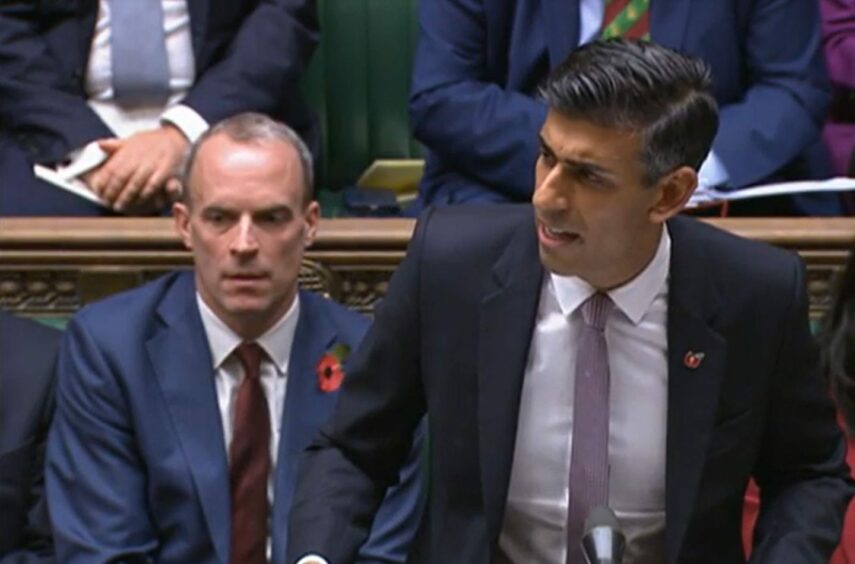
A lack of long-term planning from the Government risks jeopardising the UK’s legally mandated 2050 net zero target, MPs have warned.
The Public Accounts Committee (PAC) said the Government did not consider what levels of long-term investment might be required up to 2050 to support net zero technologies when it set out timescales for their development in 2021.
In a report published on Wednesday, the committee said that too often the plans for supporting the progression of these technologies have been short-term, putting at risk the large amounts of private investment needed to achieve net zero by 2050.
It added that overall there has also been a lack of clarity for businesses and a lack of support for consumers.
It comes especially in the context of the Government’s announcement to delay the phasing out of new fossil fuel vehicles and heating systems in September, the committee said.
The PAC inquiry found that new low-carbon investment in the UK from both public and private sectors will have to increase by two to three times each year from last year’s estimated total of £23 billion in order to hit the 2050 target.
Most of this increase would need to come from a private sector encouraged to invest by Government action, it found.
The report said the Government is dependent on businesses on the supply-side to deliver successful innovation to reach net zero, but businesses are finding sources of public sector funding difficult to navigate and access.
Meanwhile, it warns that on the demand side, developing new technology may be taking priority over focusing on the practical challenges consumers might face in taking them up.
The committee said there is a lack of targeted support, a clear focal point for businesses and researchers, and continuing barriers to market deployment because there is no single individual or organisation responsible for overseeing the performance of the Government’s support for innovation.
On transparency, it said there is no clear mechanism for publicly reporting progress on Government support for technologies which are priorities for achieving net zero such as offshore wind and nuclear advanced modular reactors.
The PAC outlined several recommendations which included the Department for Energy Security and Net Zero (DESNZ) working with the Treasury to set out its plans for supporting priority technologies beyond the confines of the current Spending Review period for 2022 to 2025.
Dame Meg Hillier MP, Chair of the PAC, said: “Our committee has warned time and again of the damage that can be done to delivering policy by the lack of long-term planning and funding from government.
“There is no more critical area where this is true than on net zero.
“If the Government continues to leave businesses to peer through a haze of uncertainty, then that investment will not be forthcoming. Businesses and consumers need certainty.
“On supporting innovation for net zero, the Government needs to agree with itself on what success looks like, what failure looks like, and report transparently on progress.
“Such basic building blocks being absent four years after a pledge critical to our very way of life was made is disappointing.
“The Government must call an end to this faltering approach, or risk spelling out to industry, the public and the world that the UK is simply not serious about tackling climate change.”
The PA news agency has contacted DESNZ and the Treasury for comment.
Recommended for you
